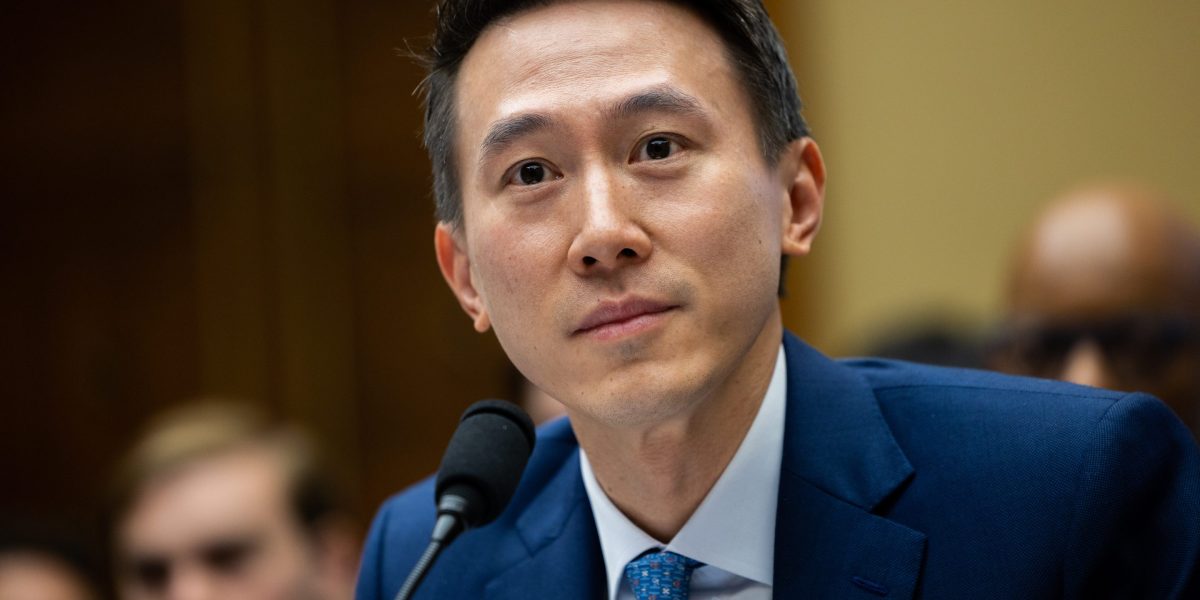fromSan Jose Spotlight
1 hour agoMountain View police turn off license plate cameras after breach - San Jose Spotlight
All of Mountain View's license plate cameras are being disabled, effective immediately, Police Chief Mike Canfield announced Monday afternoon. The move comes in the wake of the police department's disclosure last week that hundreds of law enforcement agencies had accessed the sensitive data in violation of the city's policies for over a year. The cameras will remain turned off until further direction is provided by the Mountain View City Council,
Privacy professionals
























